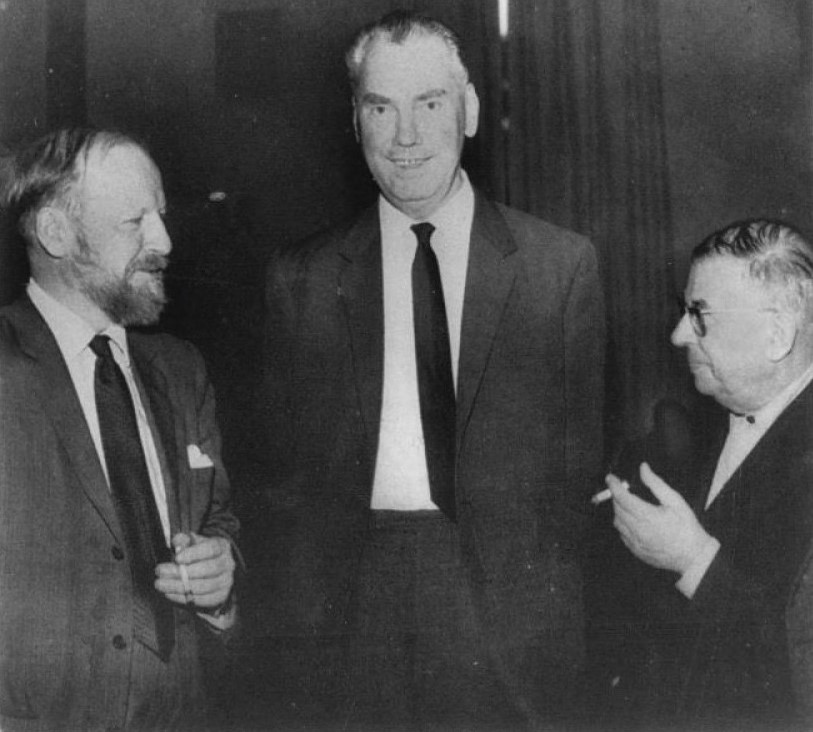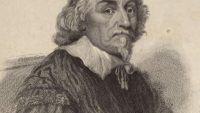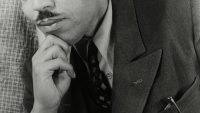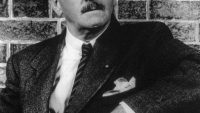William Golding was a British novelist best known for his allegorical novel “Lord of the Flies,” which explores the descent into savagery of a group of boys stranded on a deserted island. Born on September 19, 1911, in Cornwall, England, Golding studied English literature at Oxford University before embarking on a career as a writer and schoolteacher. His experiences during World War II, where he served in the Royal Navy, deeply influenced his later work.
Golding’s writing often delved into themes of human nature, morality, and the inherent darkness within humanity. “Lord of the Flies,” his most famous work, is a chilling exploration of the capacity for cruelty and violence that lies dormant within every individual. Through the characters of Ralph, Piggy, Jack, and others, Golding paints a stark picture of the fragility of civilization and the ease with which it can unravel in the face of fear and primal instincts.
In addition to “Lord of the Flies,” Golding wrote several other novels, including “The Inheritors,” “The Spire,” and “Rites of Passage,” which won the Booker Prize in 1980. His writing is characterized by its psychological depth, moral ambiguity, and powerful imagery, earning him widespread acclaim as one of the foremost literary figures of the 20th century. Golding’s works continue to be studied and celebrated for their exploration of the human condition and their timeless relevance to contemporary society.

Here are 10 interesting facts about William Golding to know more about him.
- Influences from World War II : William Golding’s experiences during World War II profoundly influenced his writing, particularly his belief in the inherent darkness within human nature, which is a central theme in many of his works.
- “Lord of the Flies” Rejection : Golding’s iconic novel “Lord of the Flies” was rejected by numerous publishers before finally being accepted for publication. It went on to become one of the most widely read and studied novels of the 20th century.
- The Nobel Prize : In 1983, Golding was awarded the Nobel Prize in Literature for his “illuminating and thought-provoking” novels, cementing his status as a literary giant.
- Schoolteacher Career : Before becoming a full-time writer, Golding worked as a schoolteacher. His experiences in the classroom provided him with insights into the behavior and psyche of young people, which he later explored in his novels.
- Scientific Background : Golding initially studied science at Oxford University before switching to English literature. His scientific background influenced his writing style, characterized by its precise language and analytical approach to human behavior.
- Warship Sinking : During World War II, Golding’s warship was sunk by a German submarine. This traumatic experience left a lasting impact on him and informed his pessimistic view of humanity’s capacity for violence and destruction.
- Literary Allusions : Golding’s novels often contain references to classic literature and mythology, reflecting his deep appreciation for the literary tradition and his belief in the enduring power of storytelling.
- “The Paper Men” Inspiration : Golding’s novel “The Paper Men” was inspired by his own experiences with literary fame and the intrusive nature of the media. It explores the themes of identity, obsession, and the consequences of celebrity.
- “The Inheritors” Experimental Narration : In “The Inheritors,” Golding experimented with narrative technique by telling the story from the perspective of Neanderthals, offering a unique and thought-provoking exploration of prehistoric life.
- Environmental Concerns : Golding was deeply concerned about environmental degradation and the impact of human activity on the natural world. These themes are reflected in his later works, such as “The Pyramid” and “The Double Tongue.”
William Golding’s literary legacy stands as a testament to his profound exploration of the human condition and the darkness that lurks within the human psyche. Through his thought-provoking novels, including the iconic “Lord of the Flies,” Golding delved into themes of morality, civilization, and the inherent capacity for evil within humanity. His writing, shaped by his experiences during World War II and his keen understanding of human behavior, continues to captivate readers and spark important conversations about the nature of humanity. As a Nobel laureate and one of the most influential writers of the 20th century, Golding’s works remain essential reading for anyone seeking to understand the complexities of the human soul and the fragile balance between civilization and savagery.



